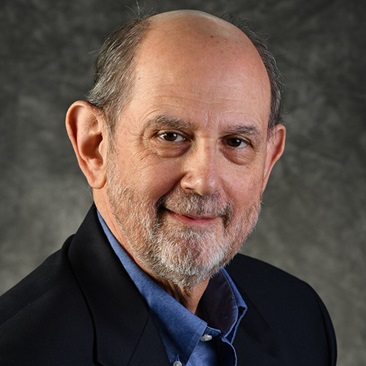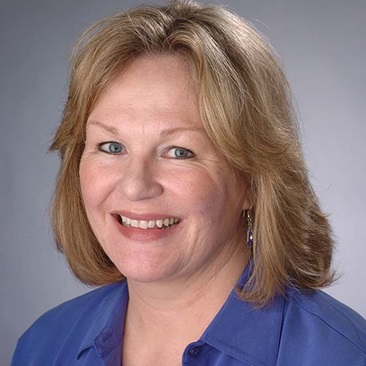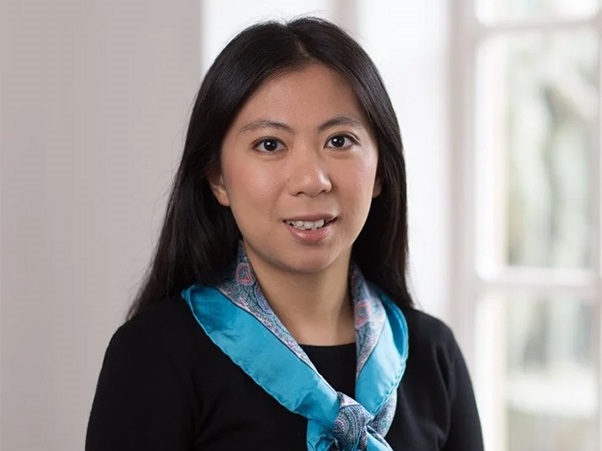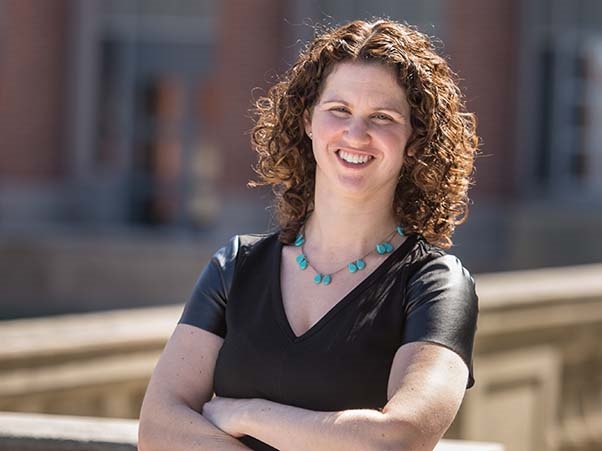Featured Research
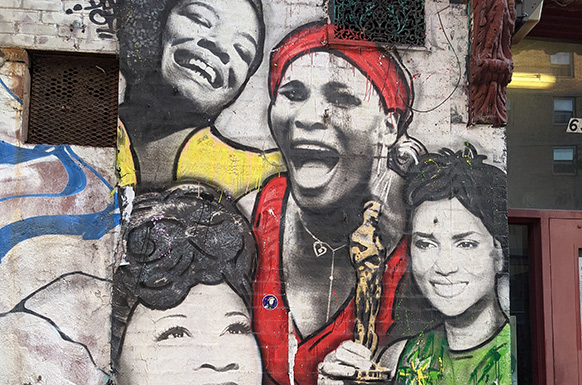
"Private Selves as Public Property: Black Women’s Self-Making in the Contemporary Moment" Jenn Jackson shows how Black women have resisted the fungibility of their bodies through processes of self-formation and self-reclamation and how that resistance might help us understand Black women’s social and political life worlds today.
Public Culture, 2020
"To Appeal and Amend: Changes to Recently Updated Flood Insurance Rate Maps" In this article, Sarah Pralle, associate professor of political science, and her co-author examine whether there are discernible trends or patterns in alterations to Flood Insurance Rate Maps.
Risk, Hazards & Crisis in Public Policy, 2021
Building Robust and Ethical Vaccination Verification Systems
Johannes Himmelreich and his co-authors propose guidelines for deploying vaccine record verification (V.R.V.) systems that align with vaccine prioritization decisions; uphold fairness and equity; and are built on trustworthy technology.
The Brookings Institution, 2021
Action anthropology and public policy change: Lead poisoning in Syracuse, NY
Sandra D. Lane, Robert A. Rubinstein, Occeana Fair, Katie Farkouh, Melaica Delgado, Tanya S. McGee, Kinley Gaudette, Paul Ciavarri, Maureen Thompson, Md Koushik Ahmed
Annals of Anthropological Practice, September 2023
In Syracuse, New York, more than 10% of children are lead poisoned each year, a toxic exposure that lowers the children's ability to learn and increases risky behaviors in adolescence. African American children are affected at nearly twice the rate of White children. We describe a community-university collaboration to reduce childhood lead poisoning in Syracuse, and the effects these efforts have had on public policy to date.
This paper documents the effectiveness of the Community Action, Research, and Education model to deliver community-based prevention strategies on child lead poisoning in Syracuse, New York. The community-based strategies were successful for promoting legal and policy change, increasing the public awareness of this tragic problem, holding elected and appointed officials to their commitments in addressing this toxic injustice, and obtaining needed intervention and disability accommodations for lead-poisoned children in the community and educational institutions.
Related News
Research

Jul 24, 2024
Research

Jul 12, 2024
Commentary
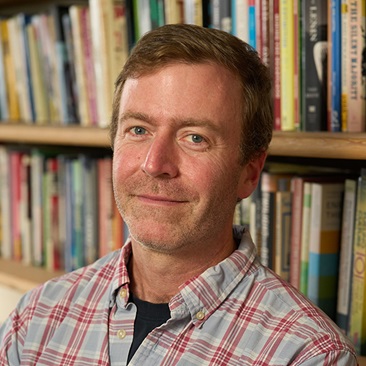
Jul 11, 2024
Research

Jul 9, 2024
Lecture Series
Campbell's lecture series bring together people with a diverse range of perspectives and interests to open dialogue, foster understanding and give the power of knowledge.
Bantle Symposium on Business and Government Policy
Phanstiel Lecture Series on Leadership
State of Democracy Lecture Series
Tanner Lecture Series on Ethics, Citizenship and Public Responsibility


Campbell Conversation Spotlight
You probably know the name James Garfield, but how much else do you know about him, and why might he and his political times be relevant to considering today’s political landscape? Host Grant Reeher interviews C. W. Goodyear, a historian who has written a new definitive biography of him. His book is titled President Garfield: From Radical to Unifier.
December 9, 2023
Interested in partnering with us?
Action anthropology and public policy change: Lead poisoning in Syracuse, NY
Sandra D. Lane, Robert A. Rubinstein, Occeana Fair, Katie Farkouh, Melaica Delgado, Tanya S. McGee, Kinley Gaudette, Paul Ciavarri, Maureen Thompson, Md Koushik Ahmed
Annals of Anthropological Practice, September 2023
In Syracuse, New York, more than 10% of children are lead poisoned each year, a toxic exposure that lowers the children's ability to learn and increases risky behaviors in adolescence. African American children are affected at nearly twice the rate of White children. We describe a community-university collaboration to reduce childhood lead poisoning in Syracuse, and the effects these efforts have had on public policy to date.
This paper documents the effectiveness of the Community Action, Research, and Education model to deliver community-based prevention strategies on child lead poisoning in Syracuse, New York. The community-based strategies were successful for promoting legal and policy change, increasing the public awareness of this tragic problem, holding elected and appointed officials to their commitments in addressing this toxic injustice, and obtaining needed intervention and disability accommodations for lead-poisoned children in the community and educational institutions.
Related News
Research

Jul 24, 2024
Research

Jul 12, 2024
Commentary

Jul 11, 2024
Research

Jul 9, 2024
